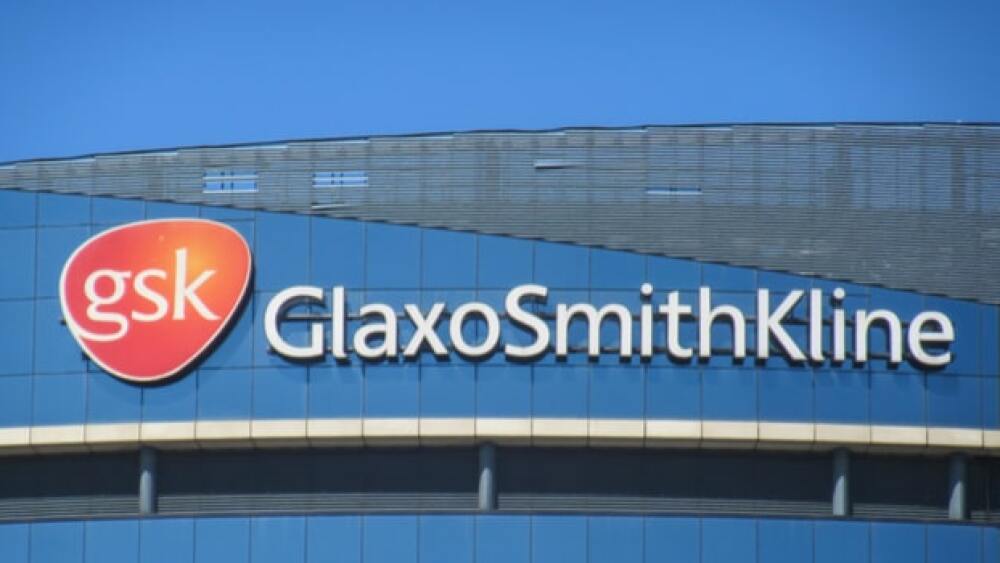In a small study of 14 rectal cancer patients, researchers at Memorial Sloan Kettering Cancer Center published results where 100% of the 12 patients who completed treatment went into remission.
In a small study of 14 rectal cancer patients, researchers at Memorial Sloan Kettering Cancer Center (MSKCC) published results where 100% of the 12 patients who completed treatment went into remission.
The study was of GlaxoSmithKline’s Jemperli (dostarlimab) as a first-line treatment for mismatch repair-deficient (MMRd) locally advanced rectal cancer. The data was presented at the 2022 American Society of Clinical Oncology (ASCO) Annual Meeting and published in The New England Journal of Medicine.
Dr. Luis A. Diaz, Jr., M.D. of MSKCC, an author of the paper, said, “I believe this is the first time this has happened in the history of cancer.”
This sentiment was echoed by Dr. Alan P. Venook, M.D., a colorectal cancer physician at the University of California, San Francisco who was not involved in the study, but called it “unheard-of.”
The patients who participated in the study were facing a traditionally very difficult round of treatment that included chemotherapy, radiation and probably surgery that would result in bowel, urinary and sexual dysfunction, and potentially the need for colostomy bags. They most likely expected they would have to undergo all those treatments after the clinical trial.
Instead, as of right now, they do not require any further treatment.
Jemperli is an anti-PD-1 checkpoint inhibitor. The drug was administered every three weeks for six months in patients with mismatch repair-deficient stage II or III rectal adenocarcinoma. It was to be followed by standard chemoradiotherapy and surgery. Any patients who had a clinical complete response after receiving the drug regimen would not require chemoradiotherapy and surgery. The primary endpoints were sustained clinical complete response 12 months after completion of therapy or pathological complete response after completion of therapy with or without chemoradiotherapy and overall response to neoadjuvant dostarlimab therapy with or without chemoradiotherapy.
A total of 12 patients completed treatment with the drug and underwent at least six months of follow-up. All 12 had a clinical complete response with no evidence of tumor on MRI, FDG-PET scans, endoscopic evaluation, digital rectal exam or biopsy.
The authors concluded, “Mismatch repair-deficient, locally advanced rectal cancer was highly sensitive to single-agent PD-1 blockade. Longer follow-up is needed to assess the duration of response.”
In addition, no patients had clinically significant complications - compared to a more typical 20% adverse reactions to checkpoint inhibitors. The price of the drug is about $11,000 per dose.
Dr. Hanna K. Sanoff, M.D., with the University of North Carolina’s Lineberger Comprehensive Cancer Center, who was not involved in the study, wrote an editorial accompanying the paper. She described it as “small but compelling,” and added it wasn’t clear if the patients are cured. “Very little is known about the duration of time needed to find out whether a clinical complete response to dostarlimab equates to cure.”
In the editorial, Sanoff noted that improvements in treatment for nonmetastatic rectal cancer have improved greatly, with standard treatments resulting in a 3-year disease-free survival rate as high as 77%, but that it’s a very grueling therapy with numerous life-altering changes possible.
Diaz originally ran a clinical study in 2017 with Merck. It revolved around 86 patients with various metastatic cancers that all shared the same gene mutations. They used Merck’s checkpoint inhibitor Keytruda (pembrolizumab) for up to two years. In about 10% of patients, tumors disappeared, and about a third of the tumors shrank or stabilized, with longer life expectancy. Diaz and his team wanted to test the drug in patients with advanced rectal cancers because they generally didn’t metastasize as quickly as other cancers, and that chemotherapy didn’t seem to help patients with the mismatch repair mutations. Biopharma companies weren’t interested, generally saying it was too risky of a study because the standard treatments, although brutal, were effective, and the trials might allow the cancers to grow past where they could be cured with traditional treatments.
Diaz noted, “it is very hard to alter the standard of care. The whole standard-of-care machinery wants to do the surgery.”
They found a small biotech company, Tesaro Biopharmaceuticals, to sponsor the trial. Then Tesaro was acquired by GlaxoSmithKline and Diaz had to remind the UK-based company they were conducting the study.
The study results will need to be replicated, but they show promise for this type of cancer.





